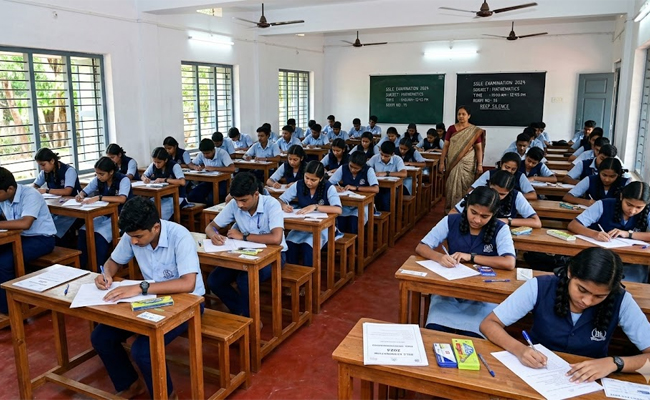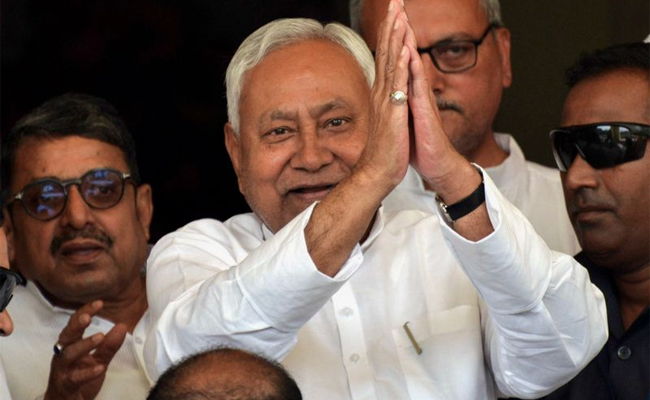New York, July 25 : People who are unemployed, single and young may be considering to deactivate their Facebook account, according to a study which says that the social media giant may be perpetuating existing social inequalities.
The findings showed that people who had looked for work within the last four weeks were more likely to have deactivated their Facebook accounts -- eliminating a potential resource in their job search, the researchers said.
"Facebook, rather than acting as a democratizer, may be perpetuating existing social inequalities," said Eric Baumer, from the Lehigh University in Bethlehem, Pennsylvania.
Older adults, males, from a lower income household, more socially conservative, or those who weigh less are most likely to have never had an account on the social media site.
On the other hand, people who are younger, seeking employment, or unmarried are considering deactivation, while the current users include the middle-aged, females, higher-income earners, married and ideologically liberal.
"My analysis reveals that individuals from lower-income households are less likely ever to have had a Facebook account," Baumer said.
"Yet, social networks have been shown to play an important role in fostering 'social capital', which can be leveraged for accomplishing certain tasks, including securing employment," he noted.
For the study, presented at the 2018 ACM Conference on Human Factors in Computing Systems in Canada, Baumer analysed data from 1,000 US households gleaned from a phone survey of adults 18 years or older.
Through probabilistic modelling, the team sought to identify predictors for the four different types of Facebook use and non-use.
Of the factors he explored, eight emerged as predictors of use and non-use: age, gender, marital status, whether the respondent had looked for work in the past four weeks, household income, race, weight and social ideology (liberal to conservative).
Let the Truth be known. If you read VB and like VB, please be a VB Supporter and Help us deliver the Truth to one and all.
Thiruvananthapuram (PTI): The SSLC (Class X) examination commenced in schools across Kerala on Thursday.
Kerala General Education Minister V Sivankutty wished students appearing for the SSLC examinations success and urged them to approach the tests with confidence.
Apart from the SSLC examination, the Plus One examination also commenced on Thursday, while the Plus Two examination will begin on Friday.
As many as 4,17,497 students are appearing for the SSLC examination, which is being held at 3,047 centres.
ALSO READ: Nitish likely to file nominations for Rajya Sabha polls
A total of 633 students have registered for the SSLC examination from the Lakshadweep region.
Similarly, 633 students have registered for the SSLC examination in the Gulf region, where the examination has been postponed due to the ongoing conflict in West Asia.
The examination will conclude on March 30.
According to the Education Department, valuation camps for the exam papers will be held from April 7 to April 28, and the results are expected to be declared in May.
Sivankutty, in a Facebook post, said examinations should not be viewed with anxiety but as an opportunity to express the knowledge students have acquired.
Noting that students are appearing for the exams after completing their studies with revised textbooks based on the New Curriculum Framework 2023, introduced after a gap of 11 years, the minister said the new evaluation system aims to assess 21st-century skills such as critical thinking, analytical ability and creativity.
He also assured students that there are no changes in the examination structure this year and cautioned them against attempts by some people to deliberately spread fear in connection with the exams, urging them to reject such messages with discretion.
He reminded students that the Class 10 examination is only a qualifying test for higher studies and that the government has ensured Plus One seats for all students in Kerala.
The minister further urged students to prioritise their physical and mental health during the exam period by maintaining proper sleep and food habits.
“This is not the last examination in life. A world of opportunities lies ahead of you. Enter the examination hall with a calm mind,” he said, wishing all students success.
As many as 4,11,025 students have registered for the Higher Secondary (Plus One) examination and 4,52,437 students for the Higher Secondary (Plus Two) examination, which will conclude on March 28.





